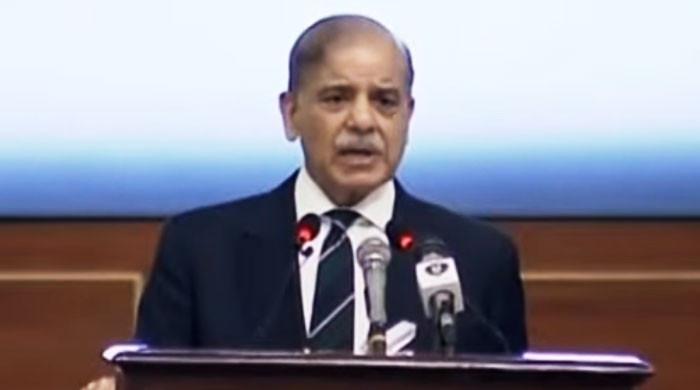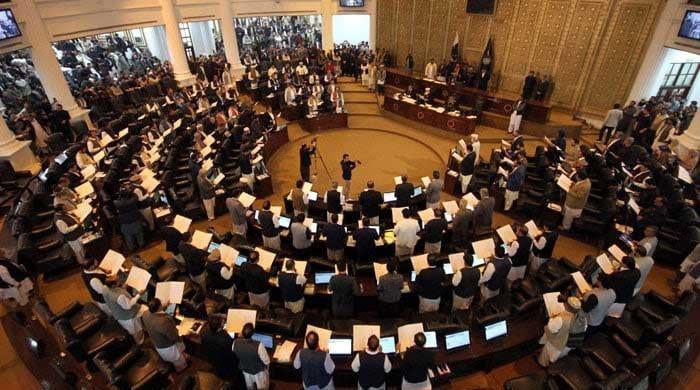Marrying without completing 'iddat' cannot be considered fornication: LHC
LHC dismisses petition; says woman marrying without iddat cannot be considered fornication but "irregular or corrupt act"
January 08, 2022
- LHC dismisses petition against woman remarrying without completing iddat.
- Petitioner Amir Baksh files case of fornication (zina) against his ex-wife Amina for marrying another man the next day after annulling marriage with him.
- LHC dismissed petition by saying that act can’t be termed as fornication, however, it would be considered an irregular or corrupt act.
The Lahore High Court (LHC) Judge Justice Ali Zia Bajwa on Friday dismissed a petition filed against a woman who remarried without completing her iddat (period a Muslim woman has to observe after the dissolution of marriage).
A case was filed in the LHC in which the petitioner, Amir Baksh, filed a case of fornication (zina) against his ex-wife Amina and her new husband Ismail.
The petitioner, in his application, said that his ex-wife Amina unilaterally took a verdict of annulling the marriage from the court and tied the knot with Ismail the next day. He termed the new marriage "null and void" as well as zina (fornication).
The LHC dismissed the petition by saying that a woman remarrying without the completion of her iddat cannot be termed fornication.
It added that even if the petitioner’s stance is accepted, such a marriage cannot be considered batil (invalid). However, the court said, the act of remarrying without the completion of iddat would be considered "corrupt or irregular."
The court further stated that a couple marrying without the woman completing her iddat cannot be charged with the crime of zina.
— Thumbnail image: AFP/File











